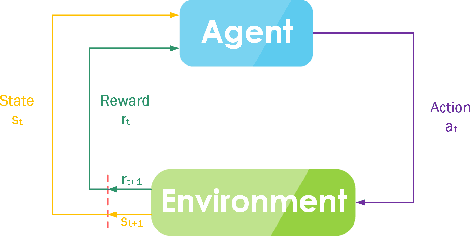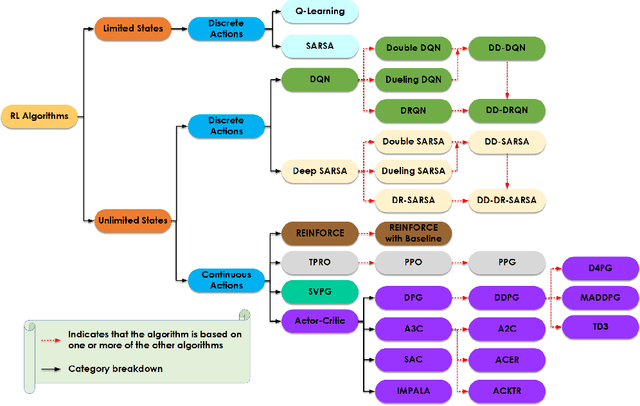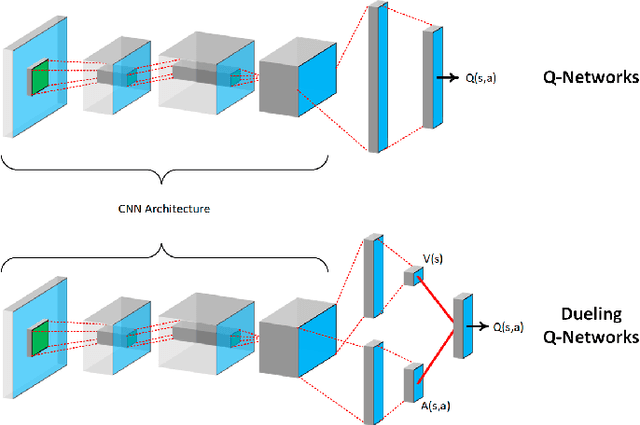Reinforcement Learning Algorithms: An Overview and Classification
Paper and Code
Sep 29, 2022



The desire to make applications and machines more intelligent and the aspiration to enable their operation without human interaction have been driving innovations in neural networks, deep learning, and other machine learning techniques. Although reinforcement learning has been primarily used in video games, recent advancements and the development of diverse and powerful reinforcement algorithms have enabled the reinforcement learning community to move from playing video games to solving complex real-life problems in autonomous systems such as self-driving cars, delivery drones, and automated robotics. Understanding the environment of an application and the algorithms' limitations plays a vital role in selecting the appropriate reinforcement learning algorithm that successfully solves the problem on hand in an efficient manner. Consequently, in this study, we identify three main environment types and classify reinforcement learning algorithms according to those environment types. Moreover, within each category, we identify relationships between algorithms. The overview of each algorithm provides insight into the algorithms' foundations and reviews similarities and differences among algorithms. This study provides a perspective on the field and helps practitioners and researchers to select the appropriate algorithm for their use case.
 Add to Chrome
Add to Chrome Add to Firefox
Add to Firefox Add to Edge
Add to Edge